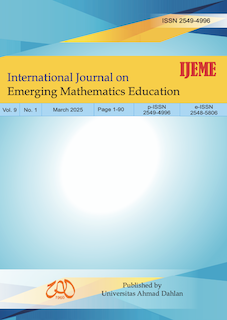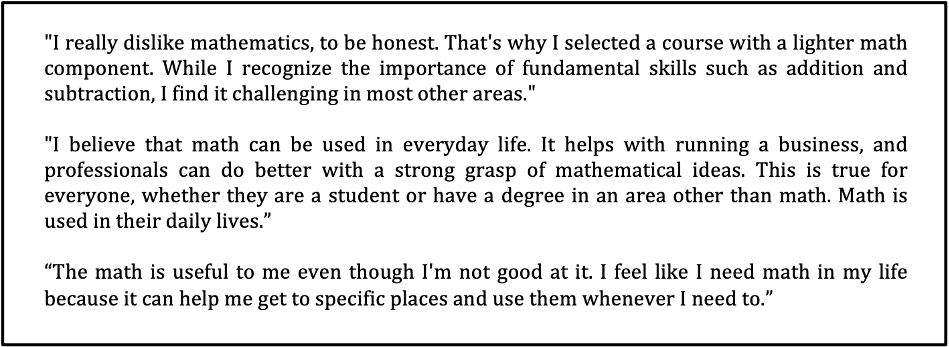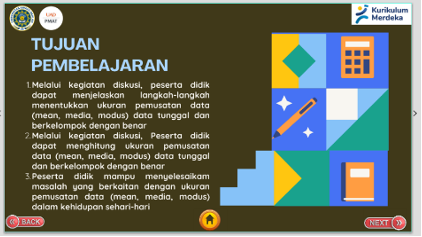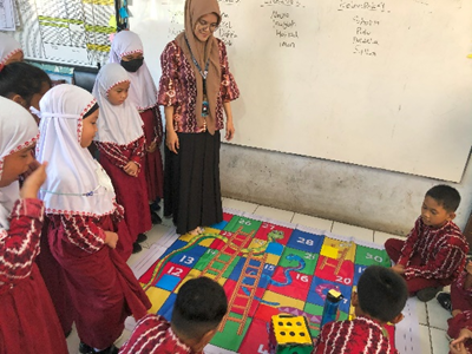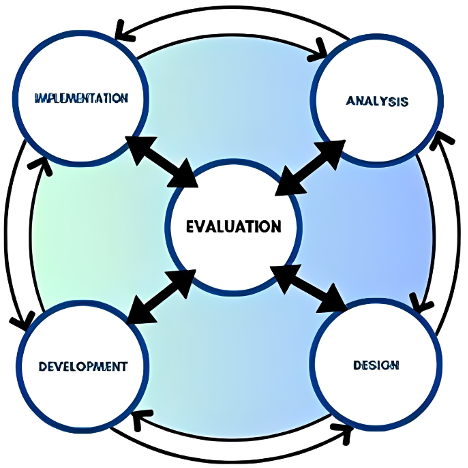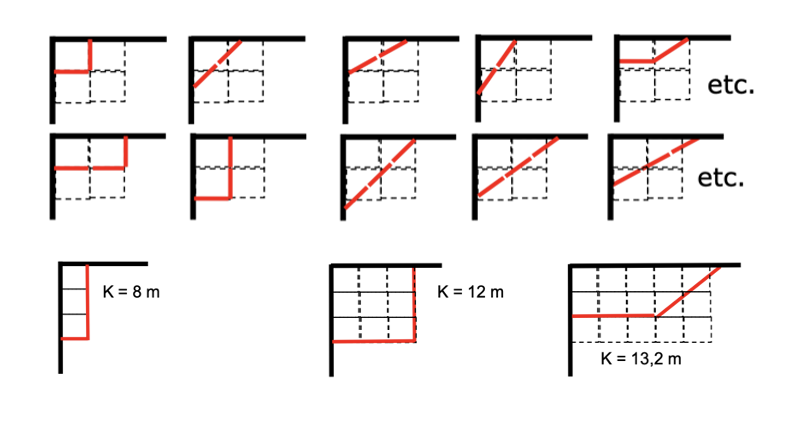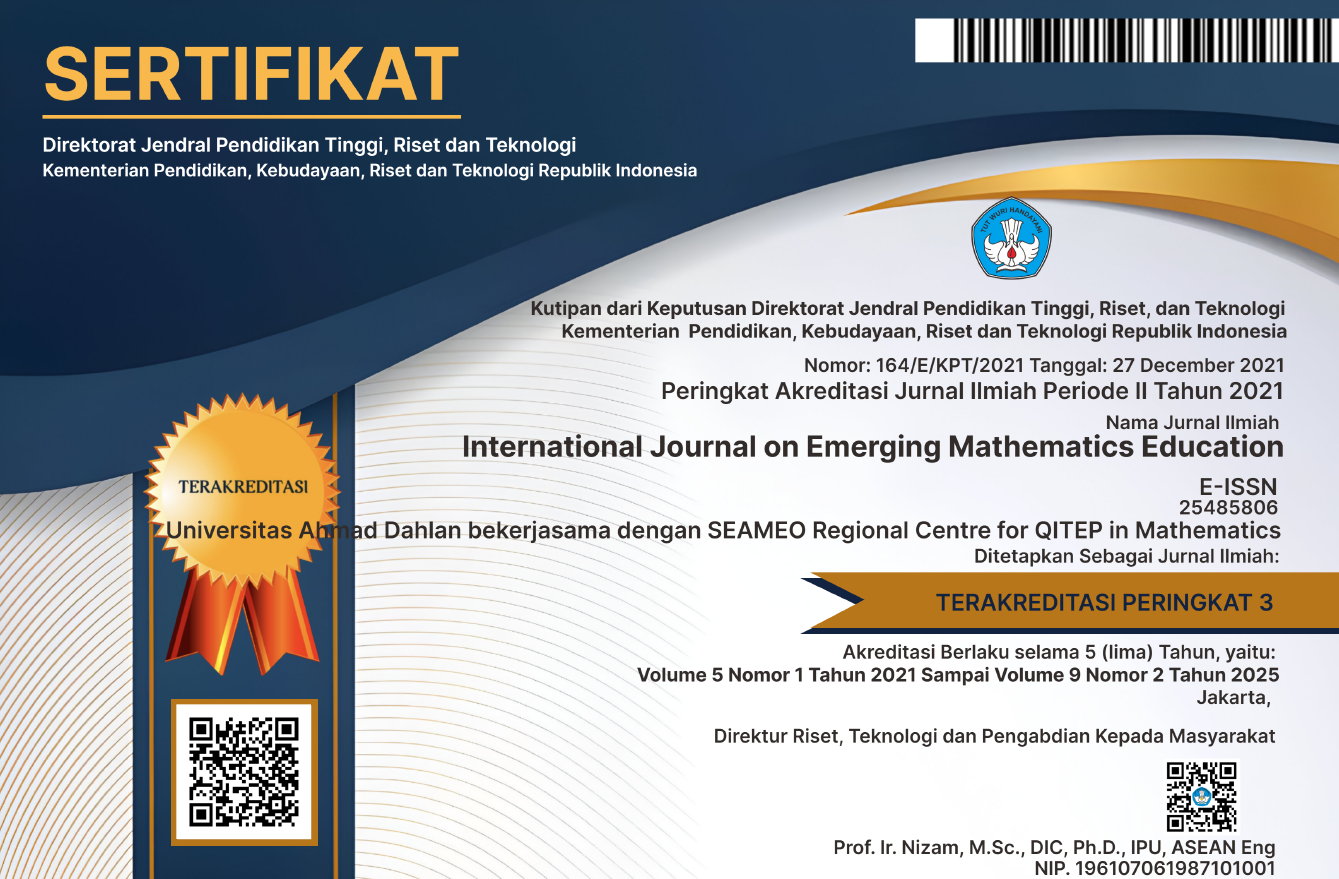IJEME Call for Papers 2025
International Journal on Emerging Mathematics Education (IJEME) Call for Papers 2025
We invite you to submit your paper to IJEME. Papers submission deadlines:
Vol. 9 No. 1 March 2025, submission deadline: 24 Jan 2025
Vol. 9 No. 2 Sept 2025, submission deadline: 24 July 2025


